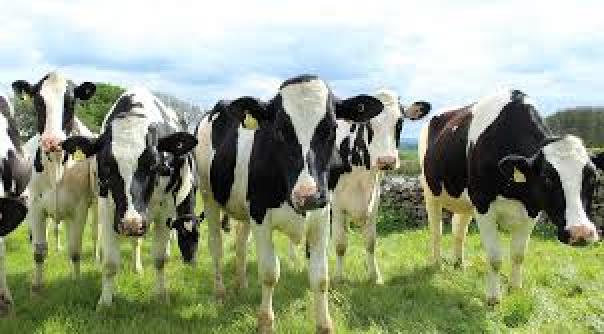Fight against leading F&B companies to beat obesity

Overconsumption of junk food and not having enough to eat are two sides of the malnutrition coin, said a commission of experts brought together by the Lancet medical journal.
A third major global problem is interlinked – climate change, that the report said is ‘worsened’ by food production, waste and transportation.
It said: “Obesity is still increasing in prevalence in almost all countries and is an important risk factor for poor health and mortality.
“The current approach to obesity prevention is failing despite many piecemeal efforts, recommendations and calls to action.”
The report said that political leaders and civil society must step up to counter the commercial interests and lobbying of the food industry.
It called for a UN treaty along the lines of the Framework Convention on Tobacco Control to support countries in drawing up sustainable and healthy food policies. The proposed treaty would ban food and drink companies from discussions.
The commission also recommended removing subsidies for agriculture and transport that contribute to poor diet and health.
It proposed a $1bn (£760m) fund for civil society organisations that want to take on the food industry and press for sugar taxes and other measures to improve diets and counter obesity.
No country has succeeded in reversing its obesity epidemic, said the experts, who argued that a broader attack is needed.
Echoing the ‘planetary health diet’ devised by a commission convened by the Lancet and the Eat Forum NGO, the obesity commission said there could be extensive benefits to the planet if people ate less red meat.
It said that reducing red meat consumption through taxes, redirected subsidies, health and environmental labelling, and social marketing would lead to healthier diets, prevention of cancer and obesity, more land for efficient, sustainable agriculture, opportunities to reduce undernutrition, and lower greenhouse gas emissions from agriculture.
Changing the practices of large food companies, however, will not happen quickly, it said.
